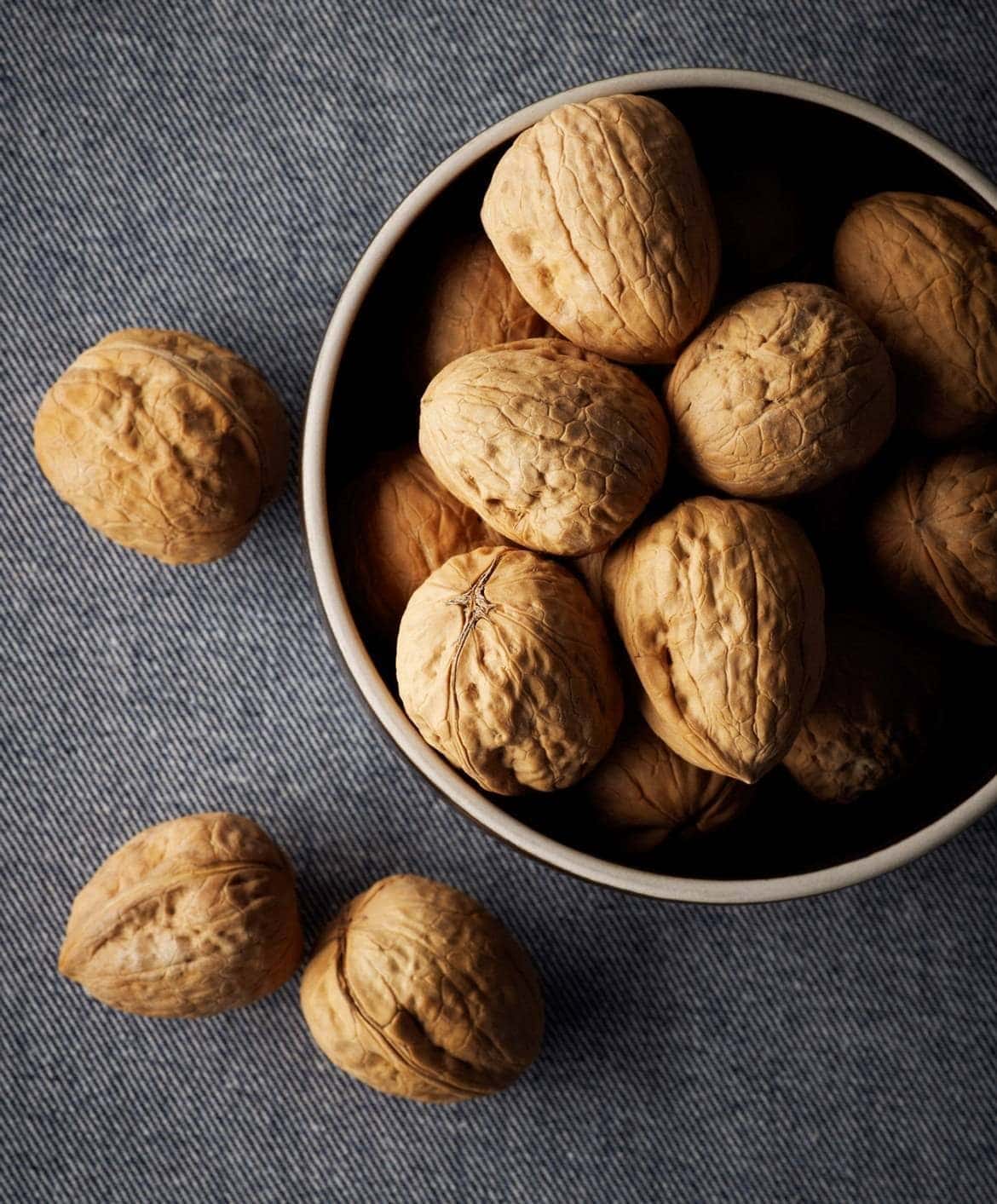Cancer and its contributing factors were the subject of multiple walnut research studies this year. Among the most compelling results were findings on the relationship between walnuts and both breast and prostate cancer, as well as walnuts’ anti-inflammatory properties.
It’s important to note, these cell and animal studies are provided as background and used to formulate hypotheses for additional research needed to determine the effects on humans.
New findings include:
- Most recently, an animal study explored how dietary changes may potentially help fight prostate cancer. The University of California, Davis study found that prostate tumor size decreased significantly in the group of mice fed walnuts or walnut oil. Additionally, the study noted that plasma insulin-like growth factor, high density lipoprotein and total cholesterol all decreased as well.
- An in vitro study explored the effects ellagic acid had on suppressing the growth of different types of cancers, including prostate. The study’s results suggest that food rich in ellagitannins—foods like walnuts—could contribute to the prevention of prostate cancer.
- An animal study on breast cancer and walnuts showed that a walnut-enriched diet inhibited the growth rate of human breast cancers in mice by roughly 80 percent and mammary gland tumors by approximately 60 percent. What’s more, the reduction was greater in those mice fed whole walnuts than with a diet containing the same amount of n-3 fatty acids. The study’s results “support the idea that multiple components in walnuts contribute to the suppression of cancer.”
- Inflammation is only one mechanism through which cancer forms and progresses in the body, but it’s one which a new scientific meetings proceeding has found could be positively affected by the right dietary components. A study on walnuts and oxidative stress—a factor leading to the development of a number of conditions including cancer, Alzheimer’s disease, Parkinson’s and more—concluded that, “compared to the refined control meal, the walnut meal acutely increased postprandial γ-tocopherol and catechins and attenuated some measures of oxidative stress.”
It was an informative year full of new insights on the relationship between walnuts and cancer. If you’re interested in learning more about these and previous studies, please visit our Health Research page. See the recipe database for delicious ideas to try and share.

